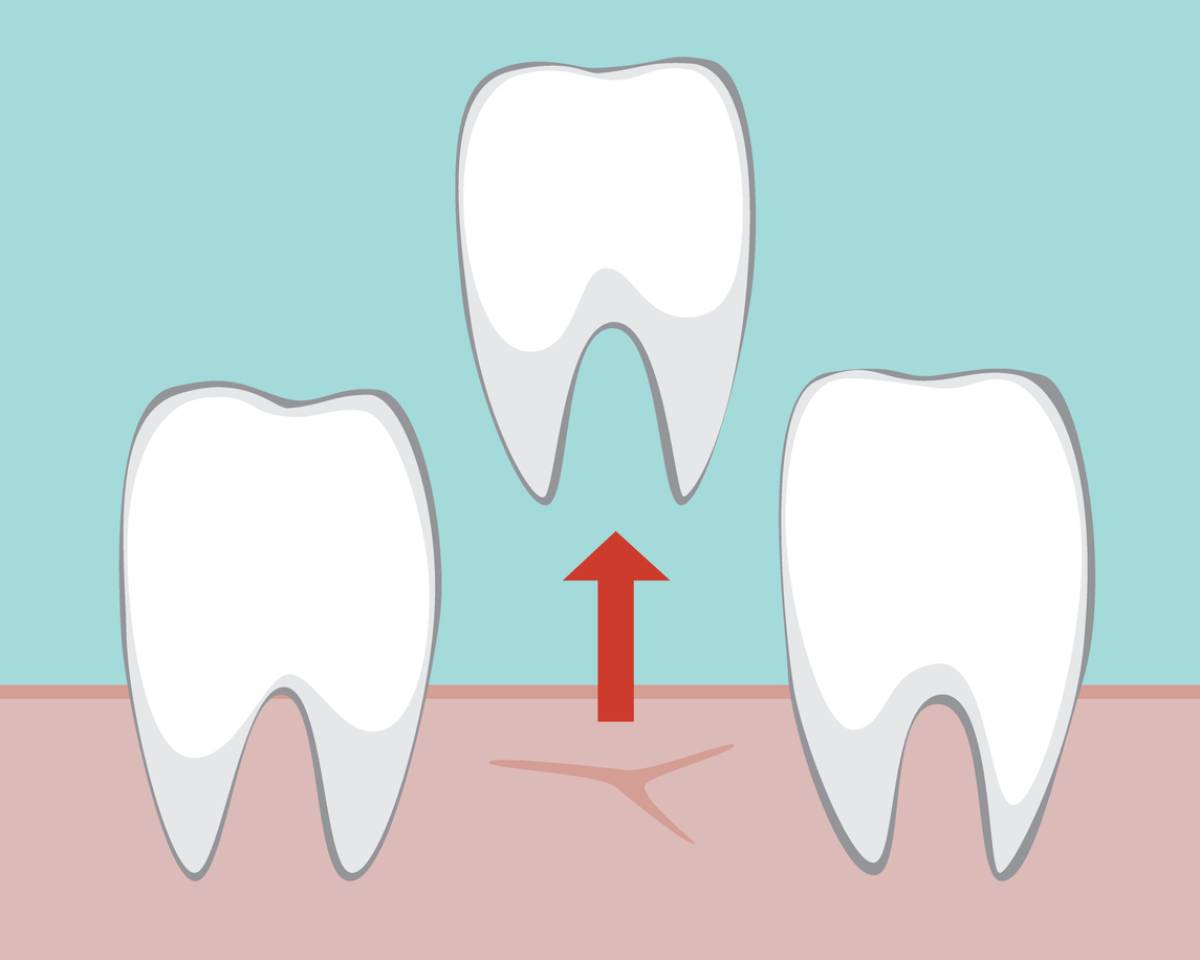A tooth extraction can be beneficial for your oral health. Recovering from a tooth extraction can be difficult, especially during the first 24 hours. However, there are effective ways you can make the experience more comfortable. Focusing on recovering, taking good care of your oral health, and managing your discomfort are key. Below you will find more information on the first 24 hours after tooth extraction and what you can do to make it a smooth process.
First 24 Hours After Tooth Extraction
The first 24 hours after extraction are important for your health. Taking good care of yourself can make the process smoother, in addition to reducing your risk for infection. Consider the following tips for how to care for yourself and the extraction site.
Minimize Bleeding:
You will notice some bleeding after an extraction. This is completely normal and not a cause for concern. It’s important to manage your bleeding after your extraction. This can be done by gently biting down on gauze. Regularly switch out the gauze to ensure that the extraction site stays clean. Continue doing this until the bleeding has stopped. Caring for your extraction site is critical as it can reduce your risk for infection and other complications.
Pain Management:
You will experience some pain and discomfort after an extraction. This is completely normal and can be effectively managed with over-the-counter medications. The pain and discomfort may last beyond the first 24 hours, but taking medication regularly can make the process much more manageable. If you experience excruciating pain that continues to get worse, contact your dentist.
Swelling:
Swelling is common and not a cause for concern after an extraction. However, it can be uncomfortable. Use a cold compress on the side of your cheek where the tooth was extracted. This can help reduce swelling and discomfort.
Avoid Certain Foods:
An extraction requires some dietary changes for the first few days. Begin by eating liquid or very soft foods, including smoothies, yogurt, and pudding. It’s best to continue eating soft foods for the first 24 hours. As your extraction site begins to heal, you can slowly transition into your regular diet.
Avoid Physical Activity:
While you may want to get right back to your routine, it’s important to focus on resting for at least 24 hours. Avoid exercising and other strenuous physical activities. This can allow your body to focus its energy on healing. It can also help reduce unwanted symptoms, such as pain, discomfort, bleeding, and swelling.
Wisdom Teeth Removal
Tooth removal may be necessary for a variety of reasons, including overcrowding, infection, or trauma. However, sometimes an extraction is necessary if your wisdom teeth have come in. Some people experience very few issues with their wisdom teeth if they fit into their mouth. However, others who do not have enough room may require wisdom teeth removal.
Signs that your wisdom teeth have come in include pain, discomfort, swelling, difficulty opening your mouth, bad breath or a bad taste in your mouth, and headaches. It’s important to talk with a dentist right away if you experience these symptoms. Depending on your unique situation, one or all four of your wisdom teeth may need to be removed. Wisdom teeth removal is similar to other types of extractions. In fact, no matter what the reason is for removal, caring for your health afterward is similar. It’s important to focus on reducing your risk for infection and minimizing any unwanted symptoms. If you think you may need an extraction, contact the team at Shodhan Yucaipa. They are the top location for cosmetic dentistry, so contact their office today to schedule an appointment!

